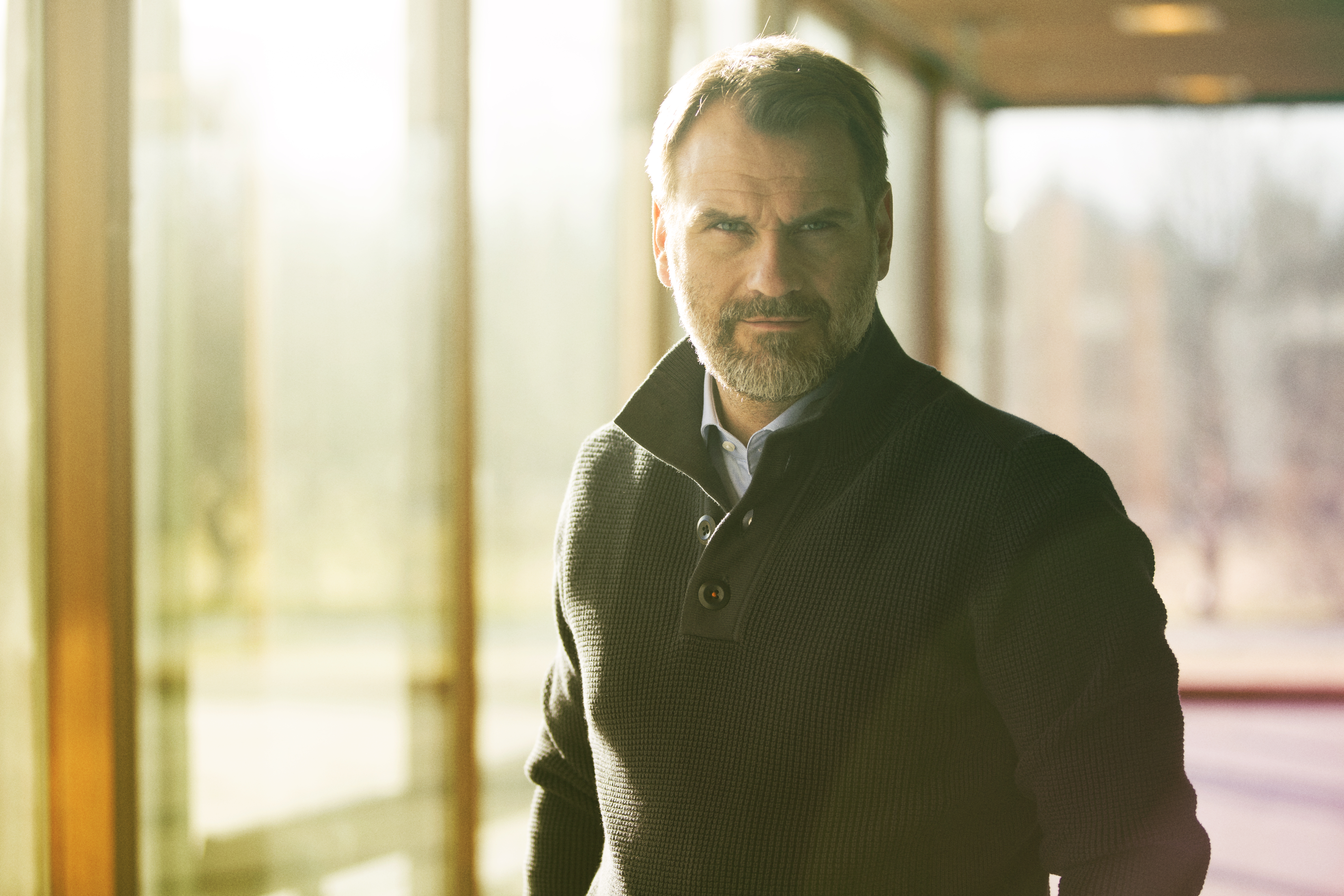 The Social Democratic Alliance in Iceland believes that equality, welfare, and the active participation of all members of society are the hallmarks of a successful society, and a prerequisite for a competitive labour market. The Alliance realises that integration is a dynamic, on-going, two-way process of mutual accommodation and that therefore improving the situation of immigrants is central to building a multicultural society that promotes human capital and increases diversity. Both contribute to greater creativity and broaden inventiveness.
The Social Democratic Alliance in Iceland believes that equality, welfare, and the active participation of all members of society are the hallmarks of a successful society, and a prerequisite for a competitive labour market. The Alliance realises that integration is a dynamic, on-going, two-way process of mutual accommodation and that therefore improving the situation of immigrants is central to building a multicultural society that promotes human capital and increases diversity. Both contribute to greater creativity and broaden inventiveness.
The Alliance has a clear vision of a multicultural society in Iceland where immigrants and their descendents have a significant role in shaping Iceland’s future as a good and generous society in the 21st Century. Recognition and respect for cultural diversity is a guiding principal in the Alliance’s immigration action plan and policy. The Alliance introduced the new Act on Immigration that Parliament recently passed. The Multicultural and Information Centre, The Immigration Council, the Development Fund for Immigrant Issues and the Strategic Plan for Immigrant Issues, are now all bound by law in this new legislation. While progress has been made there is still a lot of work to be done and social democrats will continue to lobby for improved legislation and an increased institutional framework for immigration and integration.
The Social Democratic Alliance’s immigration action plan is a three-pronged approach that focuses in the main areas of education, employment and welfare.
EDUCATION FOR EVERYONE
Education is an important factor in ensuring the active participation of migrants in Icelandic society. Proficiency in Icelandic is critical to ensuring full participation in Icelandic society and also promotes economic advancement, improved health and well-being. Children of immigrants are less likely to attend secondary school than other groups. To achieve Iceland‘s goal of increasing the amount of educated people in the work force from 70% to 90% by the year 2020, it is urgent to ensure that all immigrants in Iceland receive suitable education. The government needs to develop clear, integral strategies for monitoring and improving education for immigrants of all ages. The government also needs to conduct regular training for teachers of Icelandic as an additional language, seek ways to support mother tongue teaching, and develop a clear system for assessing the valuable skills and education that immigrants have when they move to Iceland.
EMPLOYMENT FOR EVERYONE
A cornerstone of social democracy is that all residents have the opportunity and encouragement needed to achieve their full potential, meaning that the contributions of everyone, including immigrants, is extremely important. Unemployment among immigrants is higher than among Icelanders and unlike Icelanders there is no correlation between education and employment. It is important that all immigrants working in the country are part of the formal employment sector to ensure their rights, recognition of education and experience, and the positive impact of their contribution to society. In order to achieve this government should offer training courses to immigrants in the work force about their rights and obligations. The government should also make efforts to require all public institutions and businesses to implement recruitment policies that reflect Iceland‘s diverse labour market.
WELFARE FOR EVERYONE
One of the most important and complex projects in immigration is to work against mutual prejudice. Social democracy has always focused on tolerance, mutual respect and broadmindedness. In this area, as in others, knowledge and understanding are central to eradicating prejudice. It is necessary to ensure that everyone has the same access to public services, both local and state. The authorities should create a systematic process for ensuring that all immigrants receive information and training about society, regardless of where they live in Iceland or their language skills. On-line media and modern technology could be used to accomplish this. The government should pursue ways to allocate funding and develop a framework for all interpreters’ services. Legislation should define when immigrants have the right to an interpreter and in what circumstances. Public institutions have a responsibility to inform all those living in Iceland about their role and services, even those who do not speak Icelandic.
Buy subscriptions, t-shirts and more from our shop right here!

















